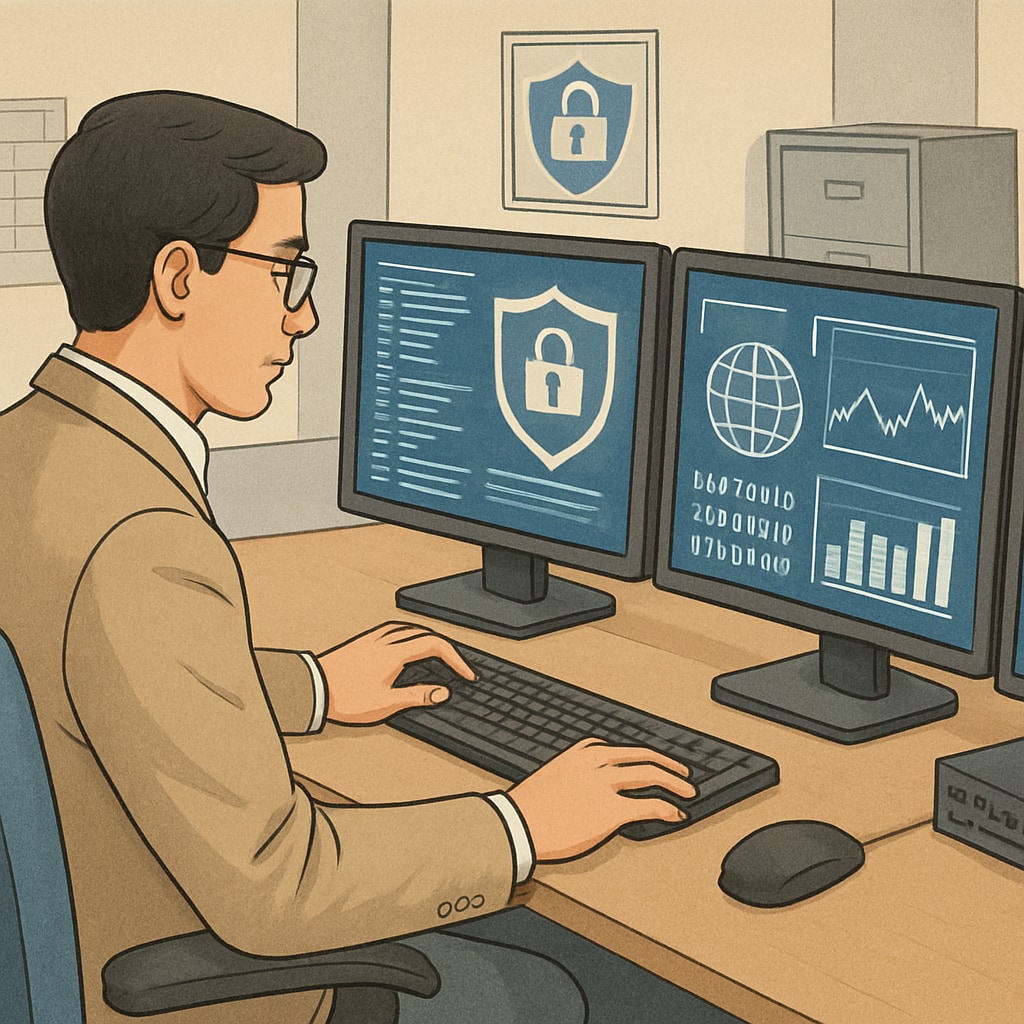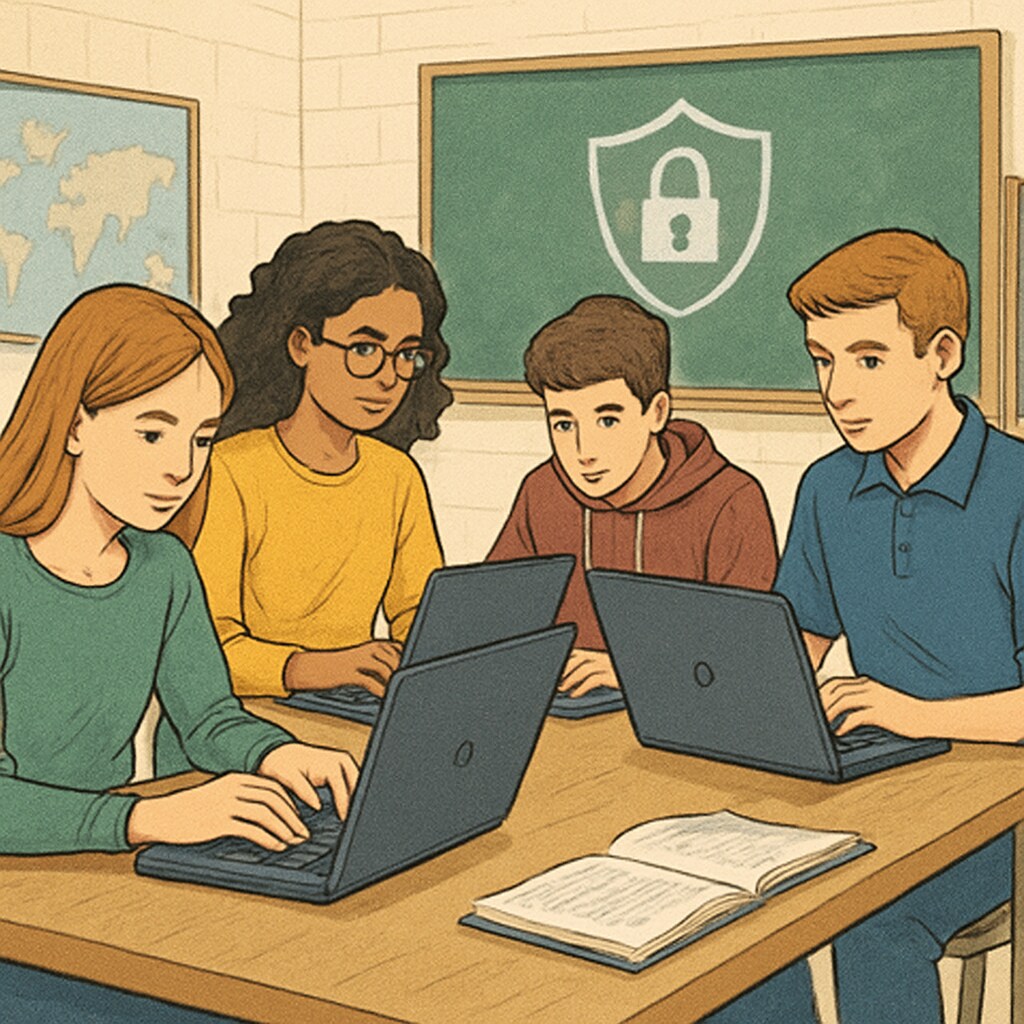Does a university’s reputation determine your success in cybersecurity careers? While the prestige of your alma mater often influences employment opportunities in some fields, the cybersecurity industry presents a unique landscape. This article examines the extent to which university reputation affects career prospects in cybersecurity, highlights the qualities employers prioritize, and provides practical advice for K-12 students aspiring to enter this dynamic field.
Does Prestige Equal Opportunity in Cybersecurity Careers?
In many industries, a degree from a prestigious university can open doors to top-tier companies. However, when it comes to cybersecurity, technical skills and hands-on experience often outweigh the reputation of your school. Employers in this field are more interested in your ability to solve real-world problems than the name on your diploma.
For instance, a graduate from a less-renowned university who has earned certifications like Certified Information Systems Security Professional (CISSP) or CompTIA Security+ might be more attractive to employers than someone from a prestigious institution without practical experience. Cybersecurity is a merit-driven field, and tangible results, such as penetration testing skills or incident response expertise, are highly valued.

The Employer’s Perspective: What Really Matters?
Employers in cybersecurity prioritize specific skills and attributes over university prestige. Here are some of the top factors they consider:
- Technical Proficiency: Proficiency in tools like Wireshark, Metasploit, and Splunk is often a key requirement.
- Certifications: Certifications such as CISSP, Certified Ethical Hacker (CEH), and GIAC add credibility to your resume.
- Problem-Solving Skills: The ability to think critically and address emerging threats is invaluable.
- Hands-On Experience: Internships, freelance projects, and participation in Capture The Flag (CTF) competitions showcase your practical expertise.
In addition, soft skills like communication, teamwork, and adaptability play a critical role. These traits enable cybersecurity professionals to collaborate effectively and articulate technical issues to non-technical stakeholders.
Building Cybersecurity Competence: Tips for K-12 Students
For K-12 students aspiring to a career in cybersecurity, focusing solely on getting into a prestigious university may not be the most effective strategy. Instead, here are some actionable steps to build a competitive edge:
- Learn the Basics: Start with foundational knowledge of computer networks, programming languages like Python, and operating systems.
- Engage in Cybersecurity Programs: Participate in school clubs, STEM programs, or online platforms like CyberPatriot and Code.org.
- Earn Entry-Level Certifications: Certifications like CompTIA IT Fundamentals can provide an early advantage.
- Build a Portfolio: Showcase projects, such as building secure web applications or ethical hacking challenges, on platforms like GitHub.
- Stay Updated: Follow industry news and trends through reputable sources like Wired Security or Cybersecurity Ventures.

Conclusion: Balancing Prestige and Practicality
While a university’s reputation may provide initial advantages, cybersecurity careers are largely built on skills, certifications, and experience. K-12 students should focus on developing a strong foundation in technical and problem-solving skills, which are essential for success in this ever-evolving field. By combining education with hands-on experience, you can secure a bright future in cybersecurity—regardless of your university’s prestige.
Readability guidance: The article uses short paragraphs, lists, and a clear structure to enhance readability. Active voice and transition words are used effectively to maintain flow, while long sentences and passive voice are minimized.


